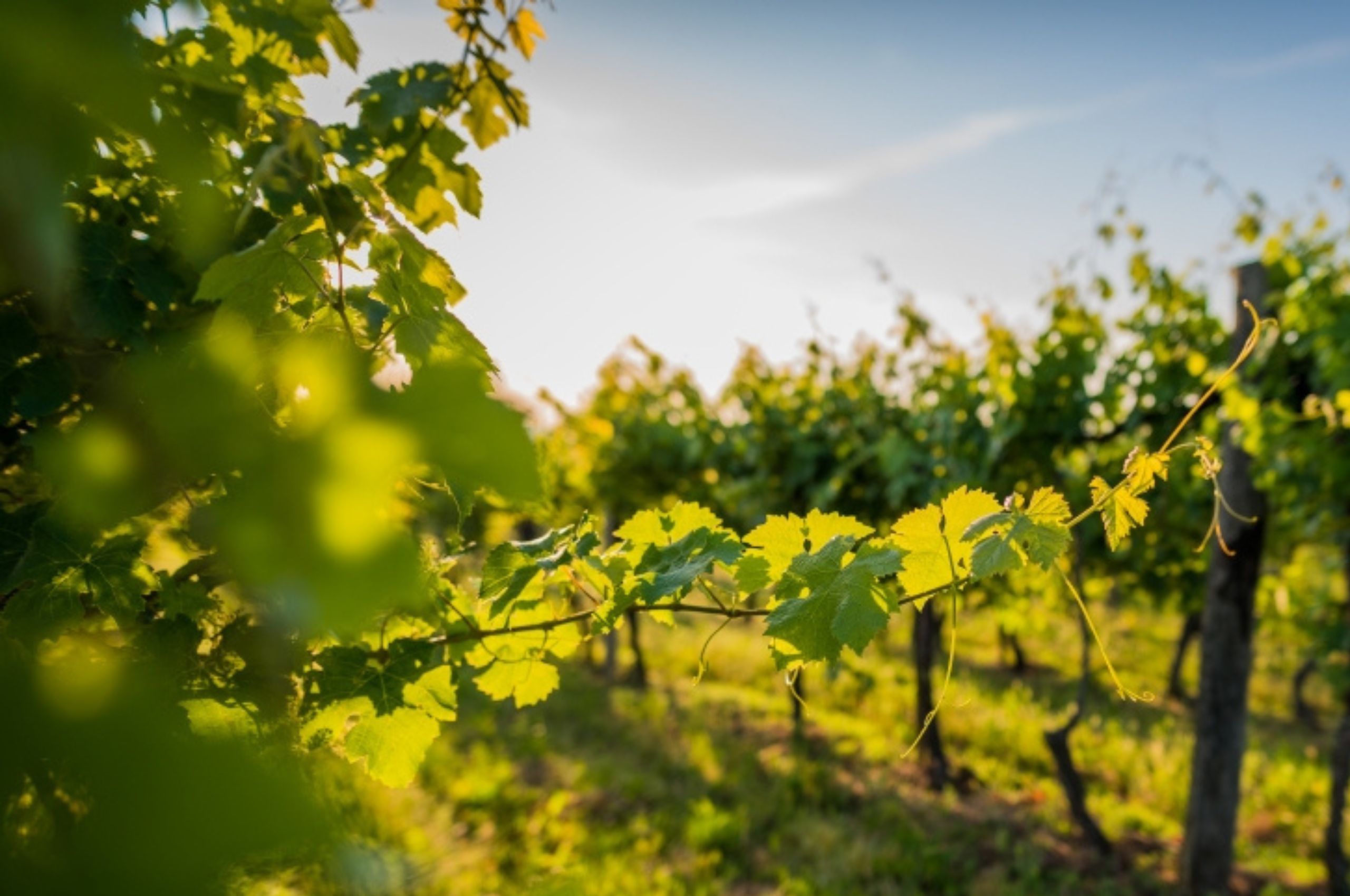Dried Fruits Australia

Ramping up robotic innovation to deliver precision grapevine pruning
Partnership at a glance
- Dried Fruits Australia represents more than 100 grape growers in the Mallee and has supported the historic industry to become mechanised over the past 20 years.
- Almost all grape harvest and vine pruning for dried fruit such as sultanas can be done by machine, but a unique feature of their cultivation means that “winter pruning” has to be done manually by skilled workers and is costly.
- La Trobe’s RAMPS – Robotics, Automation, Mechatronics, Prototyping, Sensing – lab has partnered with local engineers and growers to solve the problem, producing a precise and robust robotic pruning system.
- Experts from La Trobe’s multi-disciplinary team were introduced to Dried Fruits Australia by the Mallee Regional Innovation Centre. La Trobe University is a founding partner in the centre, which matches local problems with the academics and researchers who have the skills and expertise to find a solution.
- The project is near completion and collaborators hope the new robotic system will be ready for the next pruning season.
Case study
Grape growers on the Murray have long been a resourceful bunch. When the promised rail line to deliver their fresh produce to market failed to materialise in the late 19th century, they pivoted to dried fruit, creating one of the region’s iconic crops.
More than a century later, the Mallee’s dried fruit producers are still future-focused. By engaging with a multi-disciplinary team of La Trobe researchers to develop a robotic vine pruning system, they aim to slash costs and keep their industry competitive.
La Trobe’s RAMPS – Robotics, Automation, Mechatronics, Prototyping, Sensing – research and development lab has partnered with local engineers to solve a problem unique to dried fruit production. The project is near completion and collaborators hope the new robotic system will be ready for the next pruning season.
Dried Fruits Australia, based in Mildura, represents more than 100 growers in the region. The organisation’s consultant field officer Stephen Kelly says its network annually produces about 15,000 tonnes of sultanas, currants, muscatels and sun muscats.
“These growers have a strong appetite for innovation and over the last 10 or 20 years, there's been a lot of change,” he says.
While harvest and pruning are almost fully mechanised, as they are for wine grapes, dried fruit presents a challenge because the commercial crop is grown on alternating sides of the vine, year after year.
Mechanised systems can do all but the winter pruning on the “off-season” vines. But because those cuts must be precise to about a centimetre, it has been done by hand and is costly. It can take skilled workers 60 hours to prune one hectare of vines – that is, if the workers can be found.
“I think we've always been a bit jealous of wine grape growers, because they just run up and down the rows with a machine,” laughs Kelly.
In 2018, Dried Fruits Australia was introduced to La Trobe’s RAMPS specialists by the Mallee Regional Innovation Centre, a “shop front” to connect industry and community with research expertise that helps solve problems. La Trobe is a leading partner in the centre.
There's been plenty of give and take from both sides and the academics have really taken the time to learn about the specific needs of the growers.
In co-operation with growers and persisting through the difficulties of the COVID-19 pandemic, La Trobe’s experts visited properties where possible, working to understand the problem and create a robotic device that is precise and robust.
The researchers collaborated with local companies Merbein Robotics and Trigg Industries and are planning to have a machine operating for next season. When complete, the plans will be freely available within the network, and RAMPS will put together the “brains” of the device.
“I think working on this robotic pruning project would have been an opportunity to put their skills to the test and work on a problem that's not in any textbook,” says Kelly.
Learn more about university partnership opportunities, contact the La Trobe Industry Engagement Enterprise Development team at enterprise.dev@latrobe.edu.au